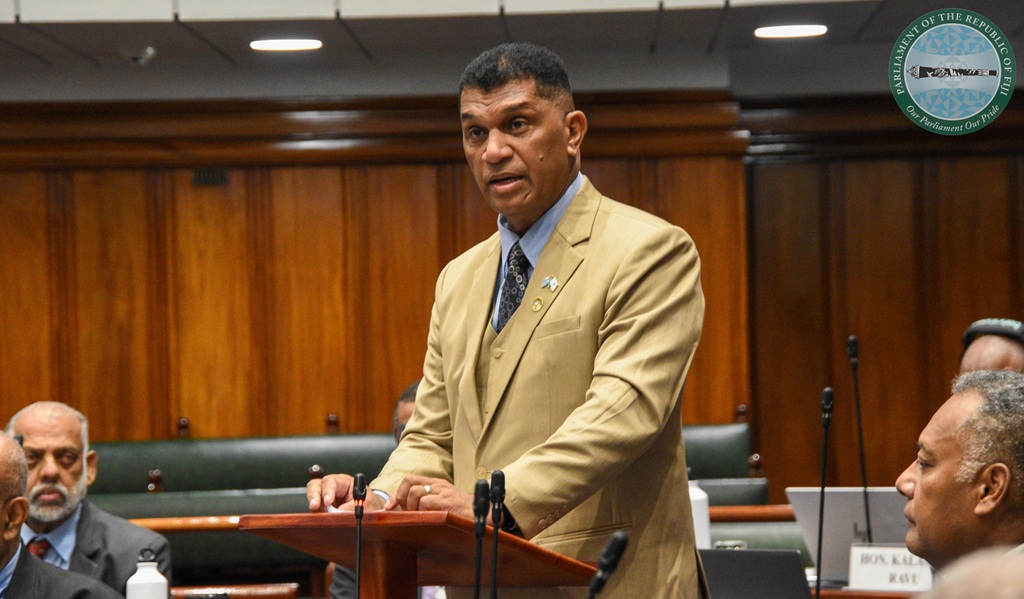Early childhood education teachers are now working and paid full eight-hour days.
Minister for Education Aseri Radrodro told Parliament that all kindergarten teachers were now paid full eight hours.
“Despite the flexibility of children to adjust to their body clock and leave earlier times, it is very crucial that ECE teachers work the full eight hours they are now paid,” Mr Radrodro said.
“They can now utilize the additional hours to prepare the lessons for the next day.
“Curriculums for ECE have been developed to cover a whole day of learning, and this should be used by ECE teachers to prepare teaching visual aids for instance.”
He called on heads of schools where ECE learning was available, to ensure they provided supervision to ECE teachers and regulate monitoring and compliance to the extended hours of teaching.
“ECE teachers will now be expected to account for the extended hours of learning and the increased remuneration now provided by government.
‘For standalone ECE providers, Ministry of Education will work in collaboration with school management and the division and district offices to ensure compliance and accountability to the extended hours of learning.”
Mr Radrodro said the revision from half to full day program allowed ECE children and teachers to participate in enjoyable play based learning activities that foster creativity, social and emotional development and skills while reducing passive screen time.
“This development also ensures that the 18,325 pre-primary students are able to continue their early learning experience within a safe and structured school environment, rather than spending hours outside school after their morning sessions, waiting for their pickup with limited Supervision.
“This initiative stipulates that the ministry’s commitment to improving access, equity and continuity in foundational learning, as stipulated in thematic area three of the Denarau Declaration aligned to target 4.2 of SDG four.”
He also highlighted key benefits for full day pre-primary program.
“This includes, first and foremost, enhance learning opportunities that allow for more time in structured play and learning.
“This gives children the space to explore, ask questions and engage with their peers, critical aspects of their overall development.
“Moreover, this full day program supports families as the children are in school learning and parents and guardians will be able to have a set pick up time for all the children, including those attending primary school.”
Mr Radrodro said teachers had shared sentiments from parents and guardians expressing appreciation for the change.
“I have been informed that some mothers who used to wait around the ECE centres now have the opportunity to seek paid employment, while others are able to tend to their farms in daily chores.
“Working parents have also expressed gratitude to the Ministry of Education for this cost effective and convenient initiative, knowing that children are learning safely under teacher supervision.”
He said additionally, the full day program helped bridge the opportunity gap for children from underprivileged backgrounds by providing consistent access to high quality education and resources.
“This is a demonstration of equity in access to quality education, as encapsulated in SDG four.”



